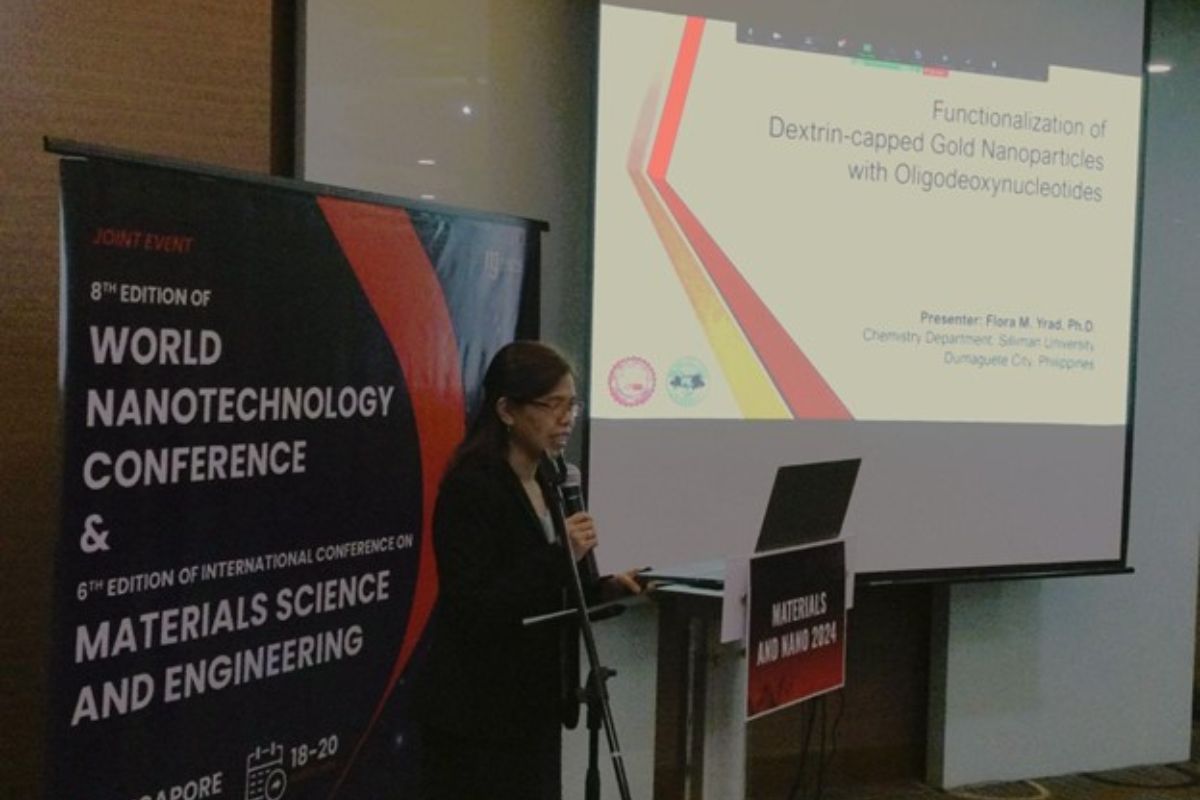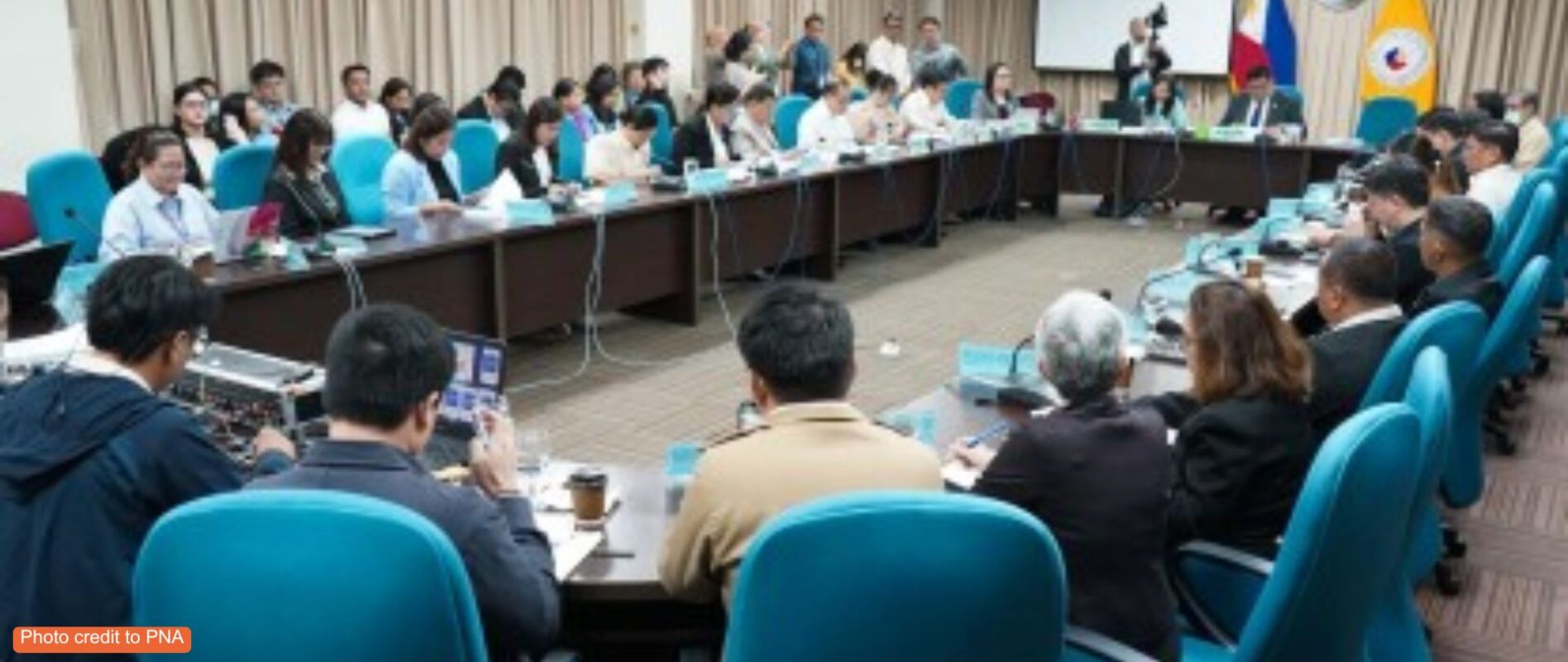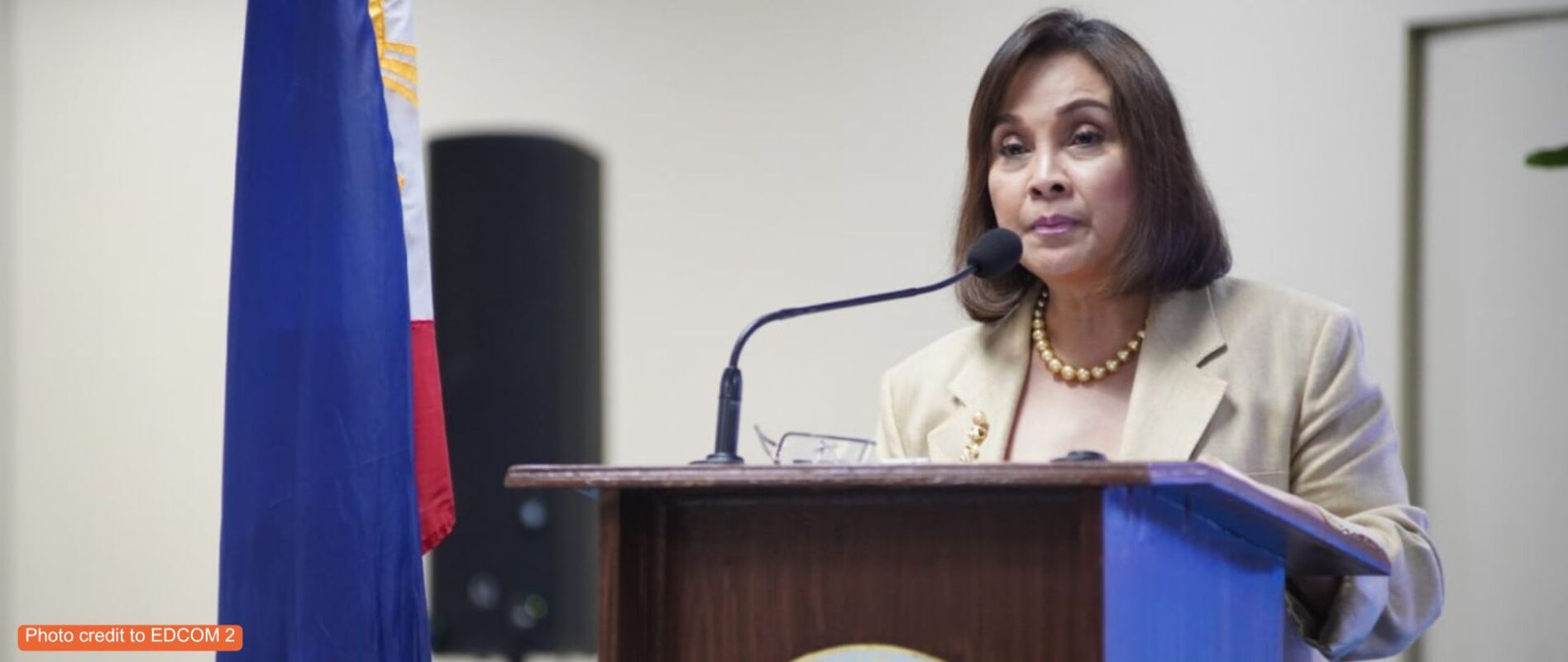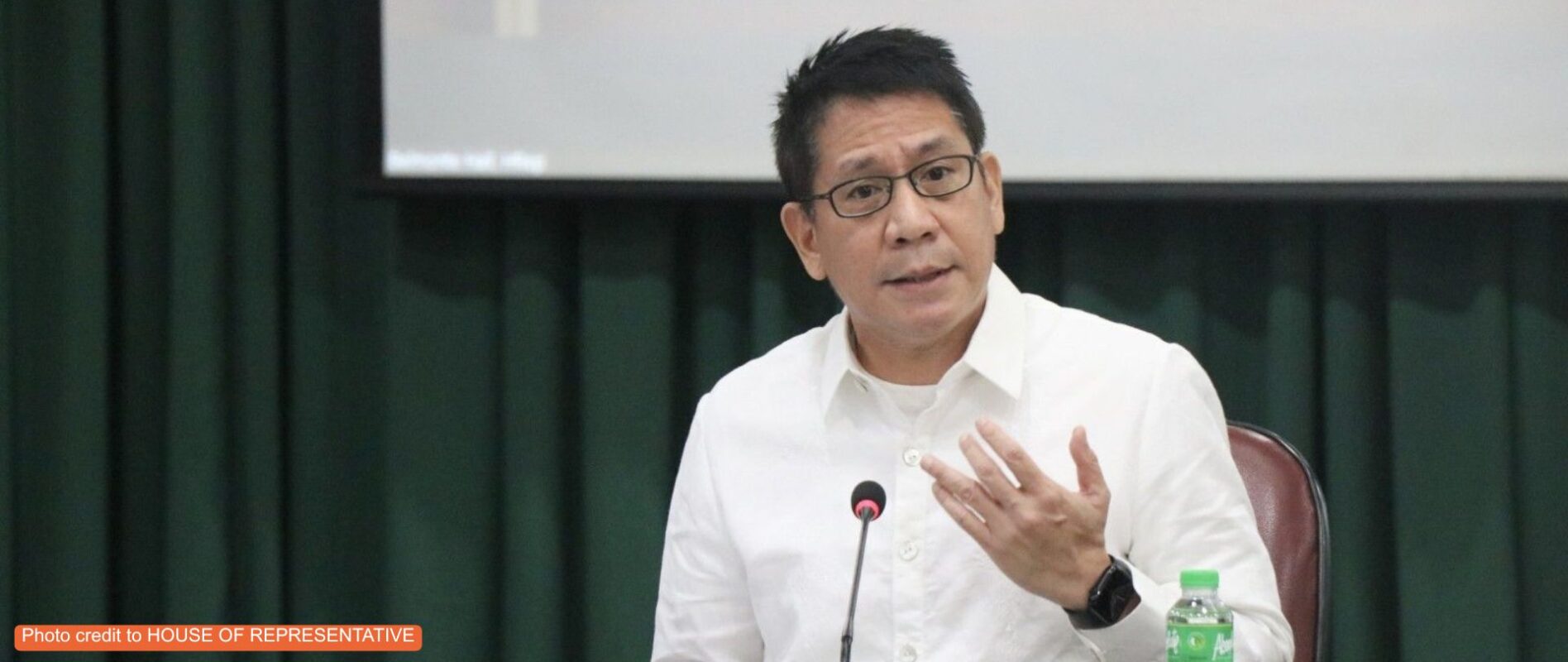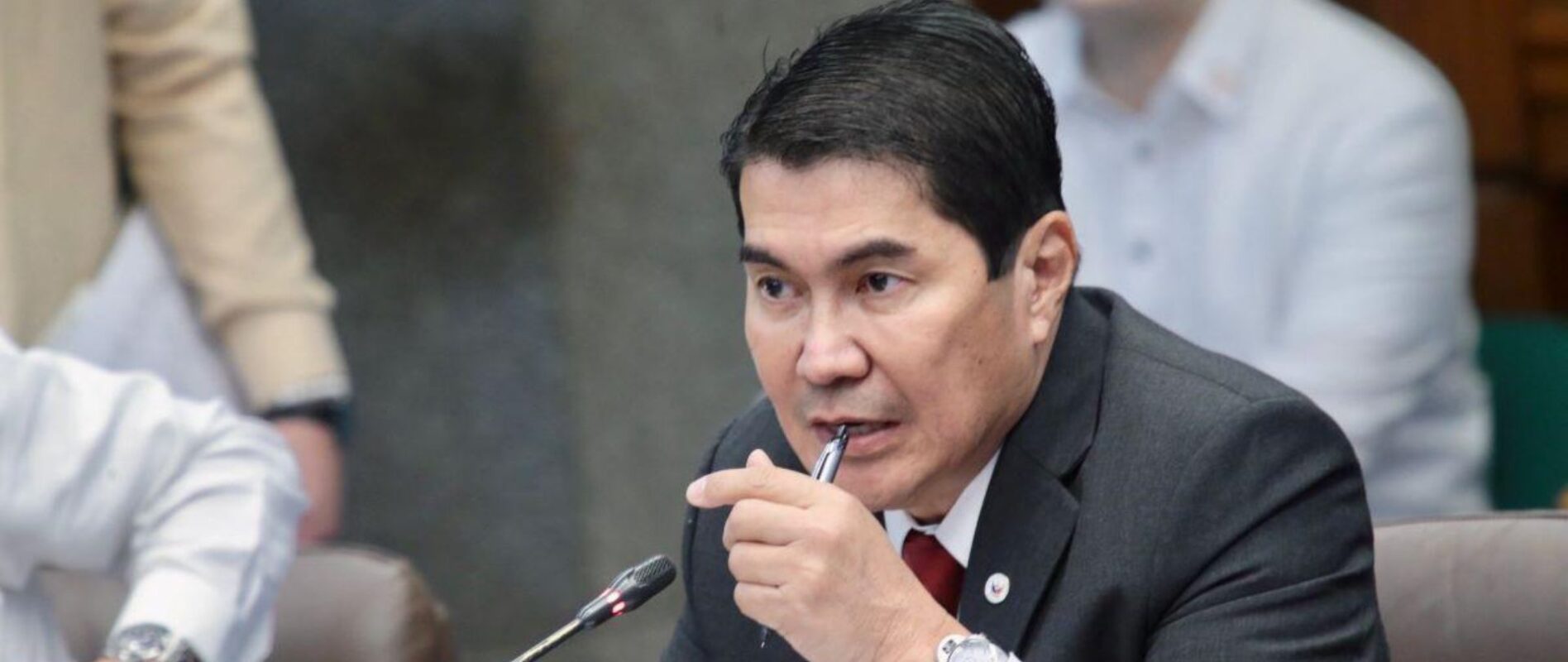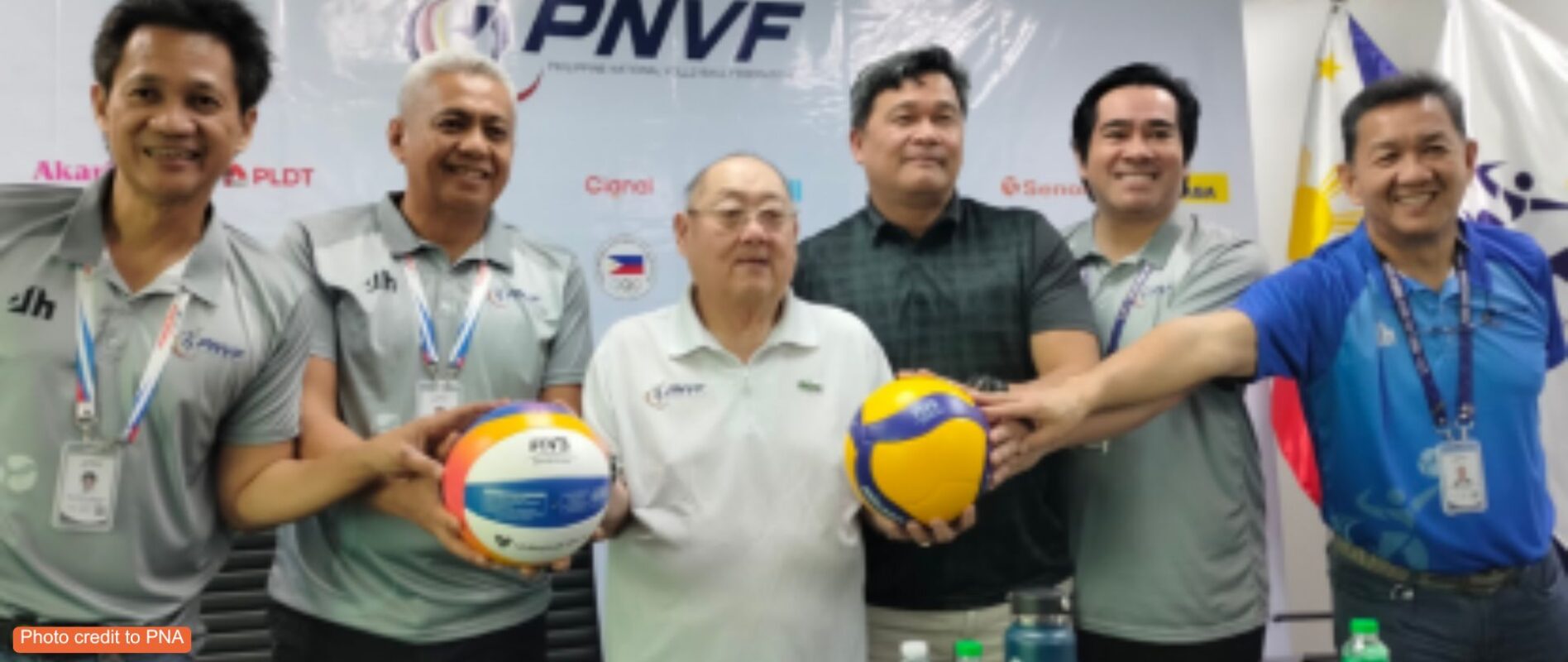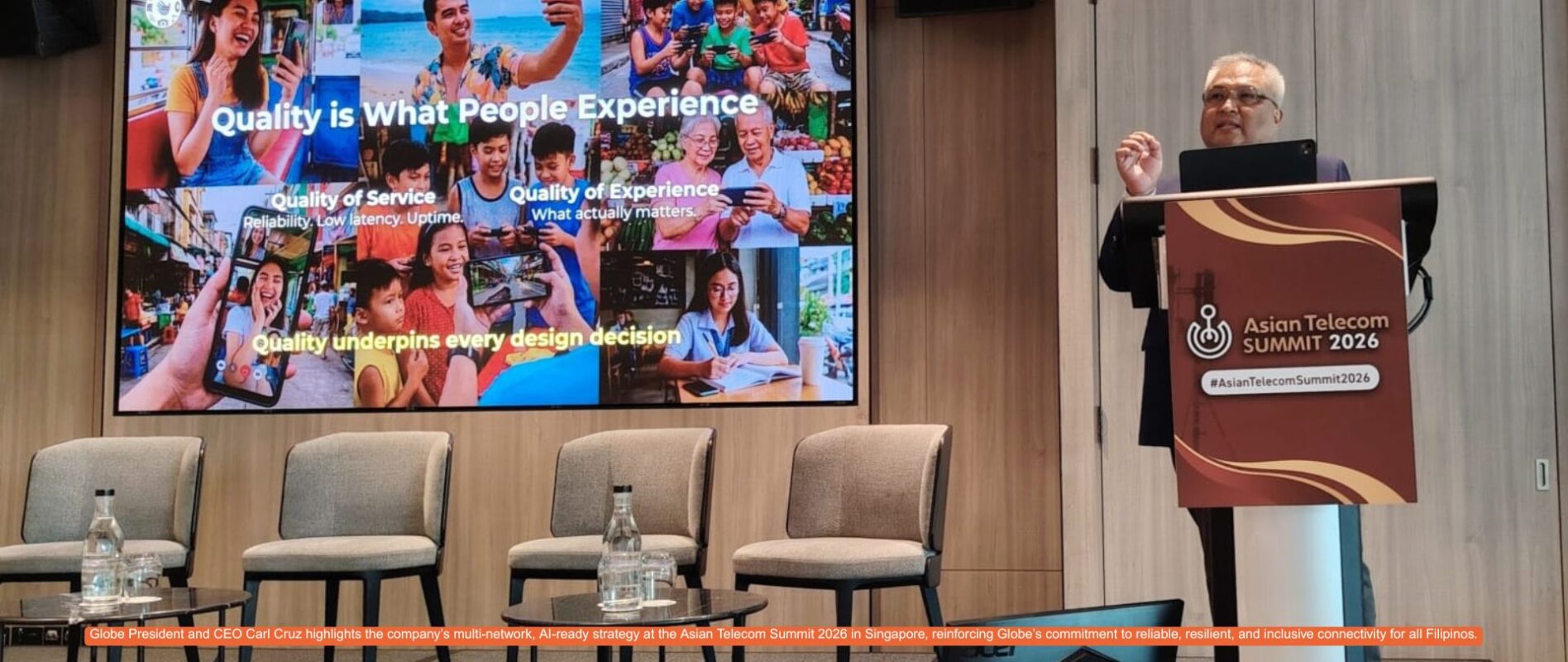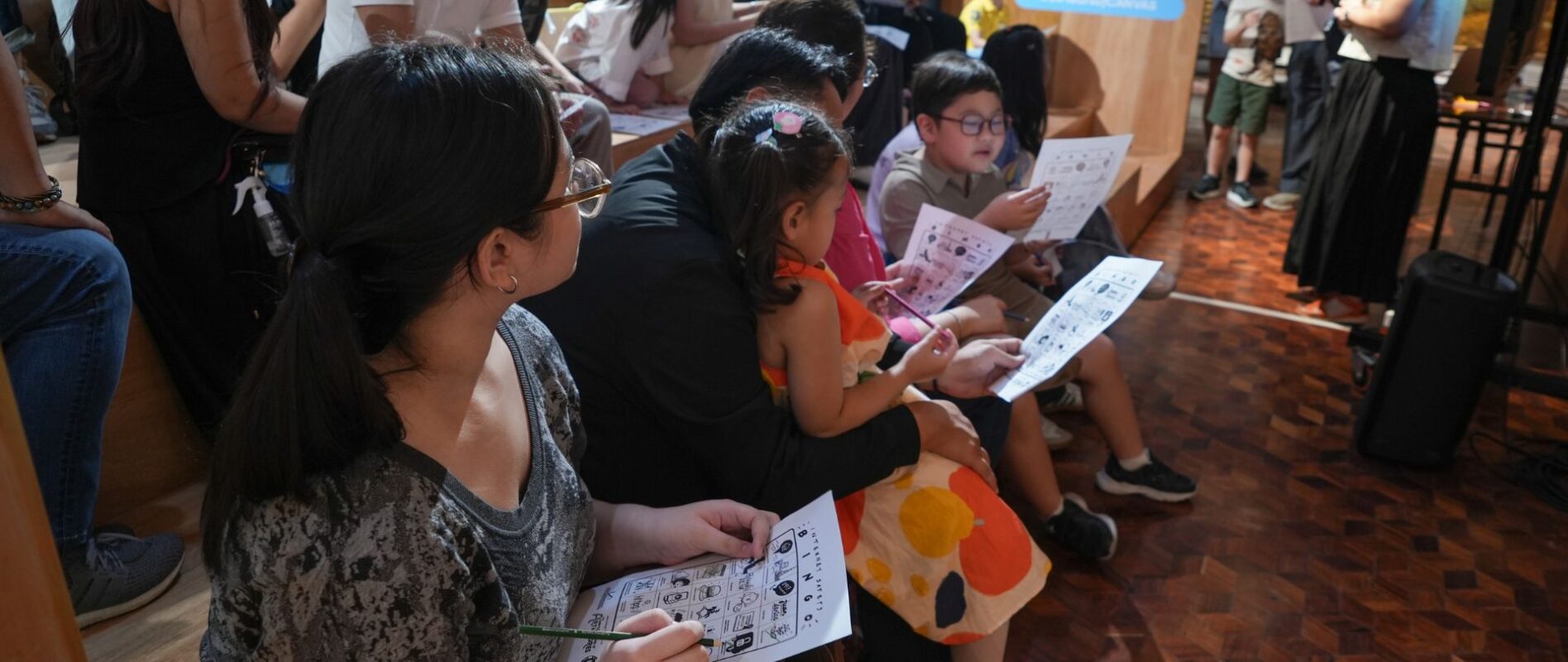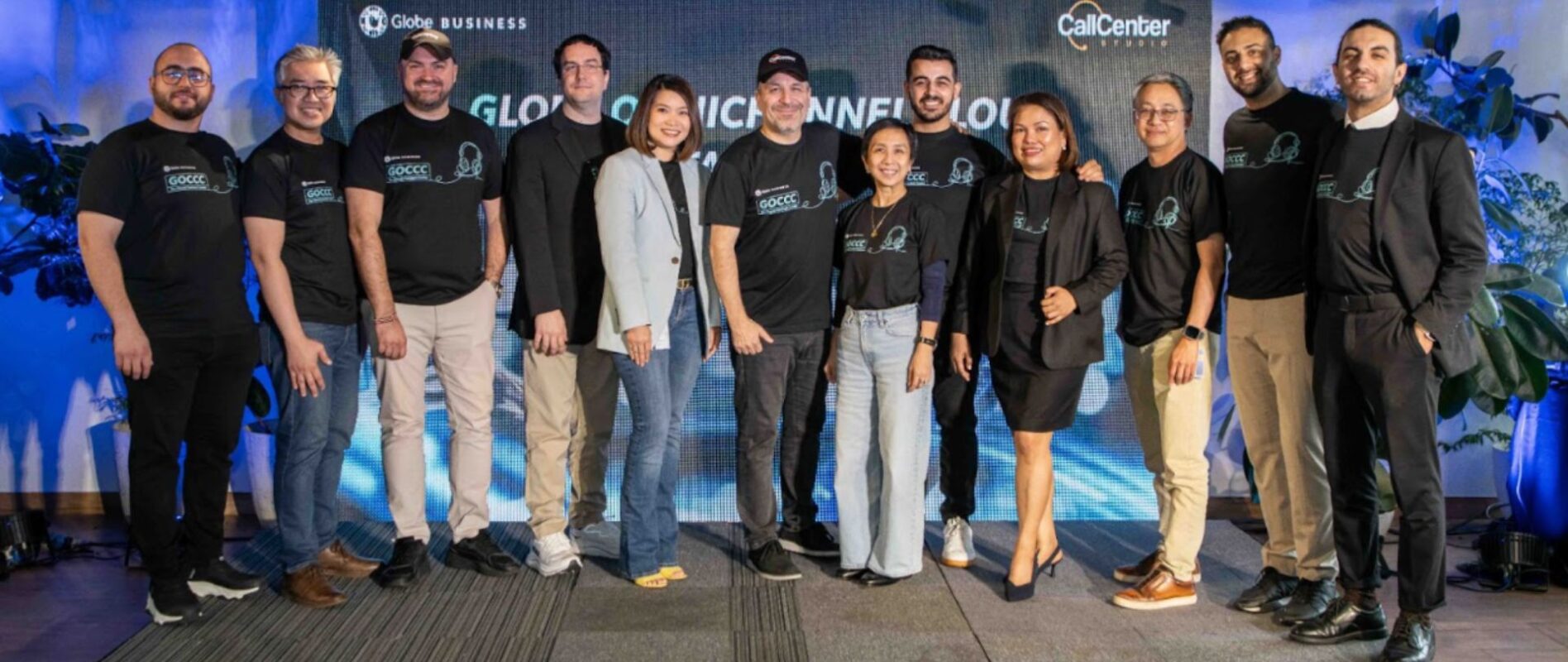SILLIMAN U OFFICIAL PRESENTS PAPER IN SINGAPORE
AN OFFICIAL of the Silliman University presented a research paper in the recently concluded 8th Edition of World Nanotechnology Conference and 6th Edition of International Conference on Materials Science and Engineering held in Singapore.
Dr. Flora M. Yrad, SU Chemistry Department Chair, presented a paper titled “Functionalization of Dextrin-capped Gold Nanoparticles with Oligodeoxynucleotides.”
Yrad’s study focused on the gold nanoparticle (AuNP), a colloidal zerovalent nanoscale gold core generally capped by an organic layer and dispersed in a solvent.
“Gold nanoparticles have very unique properties and become very popular in many applications, especially in biosensors. Biosensors are devices that use biomolecules to detect the presence of atoms, ions, molecules, or microorganisms,” the study said.
“Before the gold nanoparticles can be used in biosensors, a functionalization process is performed which involves the attachment of biomolecules like proteins, carbohydrates, or nucleic acids like DNA,” it added.
Yrad highlights how materials at the nanometer scale exhibit unique properties, citing the example of gold, which in bulk form is solid and yellow, but at 10 nanometers becomes a red colloidal matter in a liquid solution.
“My presentation is about the research I did on DNA-functionalization of dextrin-capped gold nanoparticles (AuNPs). DNA-functionalization means the replacement of dextrin capping around the surfaces of colloidal gold with short single stranded DNA. In simple terms, the attachment of DNA strands to the surfaces of gold nanoparticles,” she explained.
“The number of DNA strands on the surface of each gold nanoparticle is called DNA loading. Determination of DNA loading is valuable because it was reported in literature that higher DNA loading has the potential to impact bio-detection. Knowing the number of DNA strands attached to the dextrin-capped gold nanoparticles will be of interest for research works, especially in biosensors,” she added.
The conference aimed to host a scientific meeting of speakers and delegates from several countries involved in biomedicine, chemistry, physics, engineering, and other fields that employ nanomaterials in research.
Researchers and educators in the different fields who presented together with Yrad during the first day of the conference came from the UK, Italy, Russia, Malaysia, Japan, South Africa, and India.

